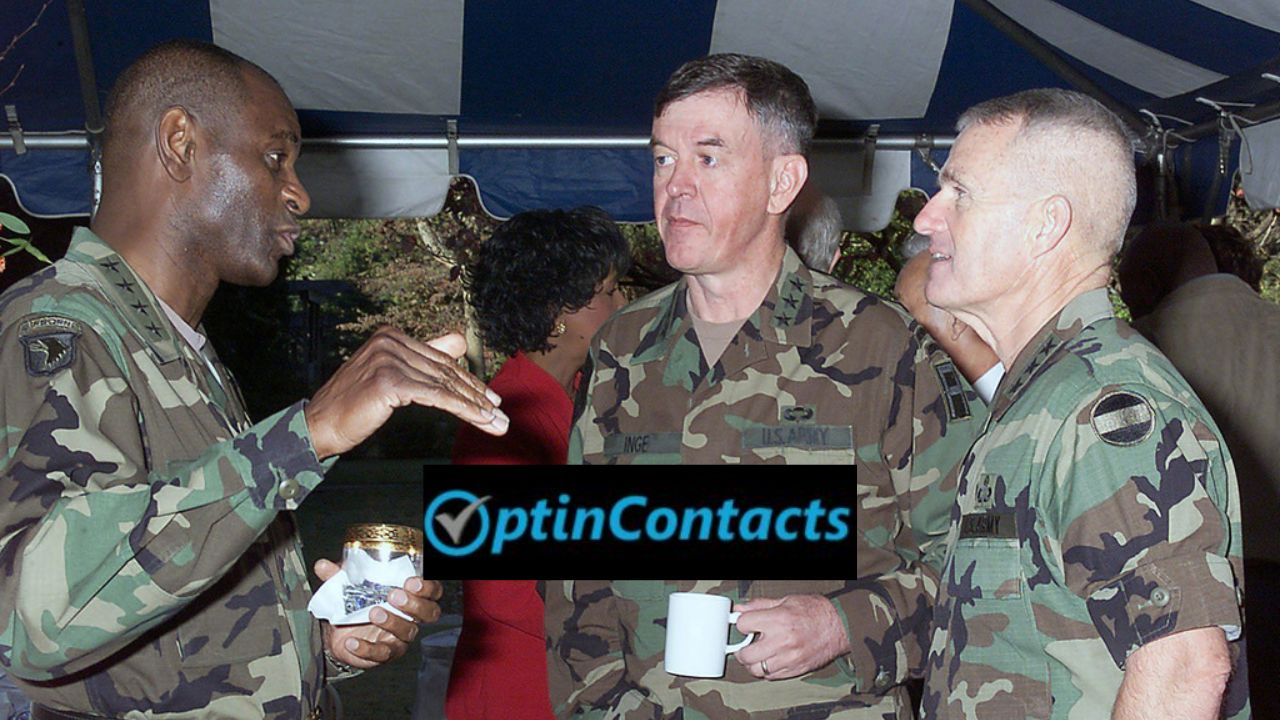General Larry Ellis: A Trailblazer in U.S. Military Leadership
Introduction: The Legacy of General Larry Ellis
General Larry Ellis is a name that resonates deeply in the ranks of the United States military. A retired four-star general, he made history as one of the highest-ranking African-American officers in the U.S. Army. Throughout his career, General Ellis held pivotal roles that contributed to strengthening military readiness and promoting diversity in leadership. His journey from humble beginnings to the highest levels of command is both inspiring and historically significant.
Early Life and Education of General Larry Ellis
Born on November 17, 1946, in Pine Bluff, Arkansas, General Larry Ellis was raised in an era of profound social change in the United States. He earned a degree in Political Science from Morgan State University, a historically Black college, where he also participated in the ROTC (Reserve Officers’ Training Corps) program. Upon graduation, he was commissioned as a second lieutenant in the U.S. Army.
Ellis later pursued advanced military education, including courses at the United States Army Command and General Staff College and the prestigious National War College, which prepared him for top-tier strategic responsibilities.
Distinguished Military Career
Initial Service and Overseas Assignments
General Larry Ellis began his military service during a time of global tension and domestic evolution. He held a variety of command and staff positions in Germany, South Korea, and Vietnam, building a reputation as a capable, principled, and results-driven leader.
Climbing the Ranks
His steady progression through the ranks saw him take on increasingly vital roles. Notably, General Ellis commanded units at every level—from platoon to major command—demonstrating his leadership versatility. His skills in managing large-scale operations, particularly during post-Cold War transitions, earned him widespread respect in military circles.
U.S. Army Forces Command (FORSCOM)
In 2001, Ellis was appointed commander of FORSCOM, the largest command in the U.S. Army, responsible for the readiness of over 750,000 soldiers. Under his leadership, the Army adapted to evolving global threats, including the immediate response and deployment of forces in the aftermath of the September 11, 2001 attacks. General Ellis played a crucial role in ensuring rapid troop readiness for operations in Iraq and Afghanistan.
Promoting Diversity and Inclusion
Breaking Racial Barriers
One of the most impactful aspects of General Larry Ellis’s legacy is his trailblazing presence as an African-American general. At a time when racial diversity in the top military ranks was rare, Ellis shattered glass ceilings, becoming a role model for generations of Black officers.
Championing Equal Opportunity
Throughout his tenure, he championed diversity initiatives and helped shape Army policies that supported minority recruitment, promotion, and leadership development. His influence extended beyond the battlefield and into the organizational culture of the military, fostering a more inclusive environment.
Awards and Honors
In recognition of his exemplary service, General Larry Ellis received numerous military honors, including:
Defense Distinguished Service Medal
Army Distinguished Service Medal
Legion of Merit (with multiple Oak Leaf Clusters)
Bronze Star Medal
Meritorious Service Medal
These awards reflect his commitment to excellence, integrity, and national security.
Life After Retirement
After retiring from active duty in 2004, General Larry Ellis continued to make an impact in the public and private sectors. He served on corporate boards and became the President and CEO of DHB Industries, Inc., a defense contractor known for producing military body armor and tactical equipment.
His post-military work further emphasized his dedication to national defense, innovation, and ethical leadership in high-stakes environments.
General Larry Ellis’s Impact on Modern Military Strategy
Emphasis on Readiness
During his command at FORSCOM, General Larry Ellis emphasized a proactive approach to military readiness. He ensured that U.S. forces could deploy swiftly and efficiently to global hotspots. This doctrine has become a core part of Army training and logistics strategy today.
Leadership Philosophy
Ellis advocated for what he called “mission-first, people-always” leadership—a concept that balances operational goals with the well-being and professional development of troops. His leadership style promoted loyalty, discipline, and cohesion across units.
Inspiring Future Leaders
A Mentor to Many
Beyond his official duties, General Larry Ellis invested heavily in mentoring young officers. His guidance helped shape a new generation of diverse military leaders who carry forward his legacy of fairness and operational excellence.
Public Speaking and Thought Leadership
In retirement, Ellis has remained active as a speaker at military academies, leadership forums, and civic events. His messages often center on integrity, preparation, and service to the nation timeless values in a constantly evolving world.
Final Thoughts: Why General Larry Ellis Matters Today
General Larry Ellis is more than a decorated military officer—he is a symbol of resilience, leadership, and transformative change within one of the world’s most powerful institutions. His story exemplifies how dedication, vision, and commitment to service can break barriers and inspire progress.
As today’s military faces complex global threats, the lessons from General Ellis’s career remain highly relevant. His impact lives on in the policies he helped shape, the people he mentored, and the inclusive values he championed throughout his life of service.
